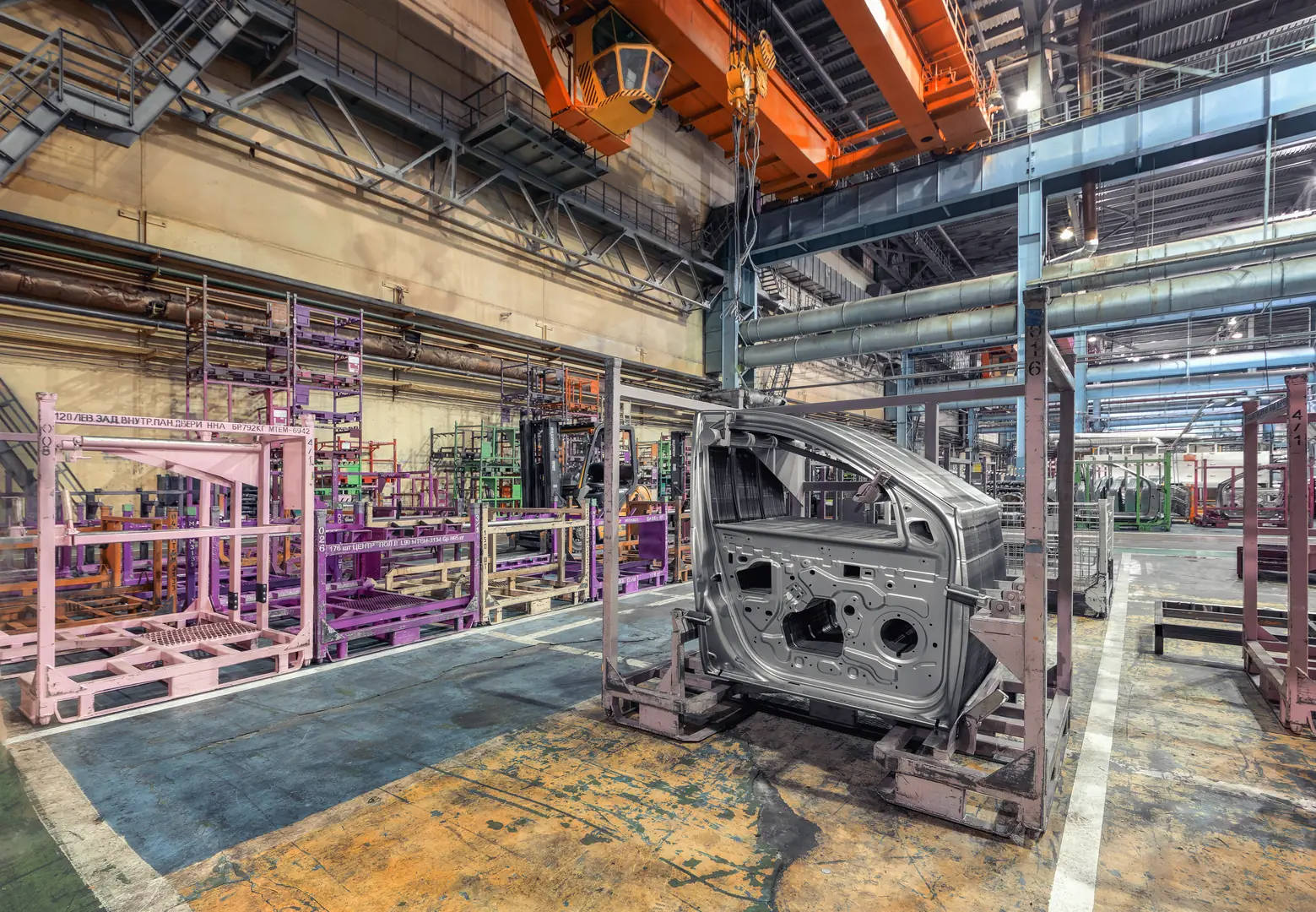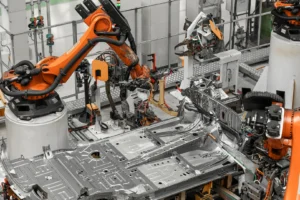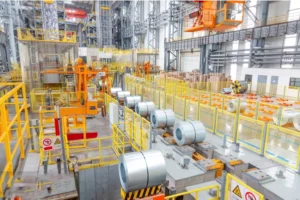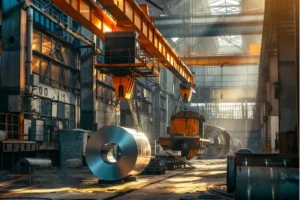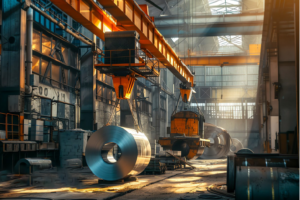Custom Steel Coil Slitting Services: Fast Turnaround & Precision
Struggling with standard coil sizes that cause production delays and waste? This inefficiency directly impacts your project timelines and budget. Custom slitting provides precisely sized materials, ready for your line.
Custom steel coil slitting services use specialized machinery to cut wide master coils into narrower strips of precise widths. This process enables fast, tailored material preparation, reducing waste and lead times for manufacturers and distributors, directly impacting supply chain efficiency and cost-effectiveness.
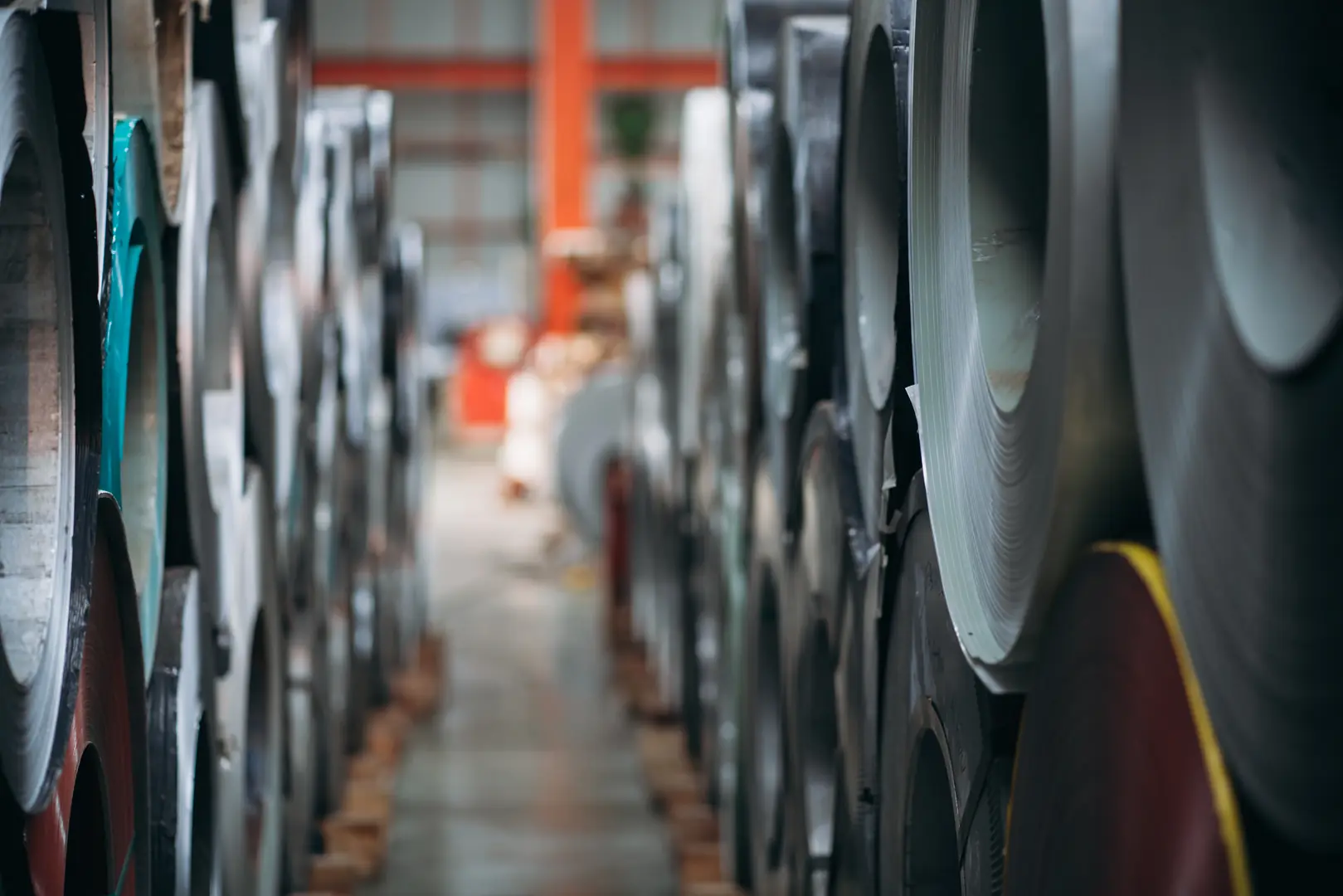
In my role as Global Business Director at MFY, I’ve seen firsthand how the right material preparation can transform an entire manufacturing operation. It's not just about cutting steel; it's about providing a strategic advantage that ripples through the entire supply chain. The ability to get the exact width you need, exactly when you need it, is a game-changer. Let’s explore how this critical service balances the competing demands of speed and accuracy to empower your business.
What Are Custom Steel Coil Slitting Services?
Do standard-sized steel coils fail to meet your specific manufacturing requirements? Using ill-fitting material leads to unnecessary scrap, added processing steps, and increased costs. Custom slitting tailors master coils to your exact width specifications.
Custom steel coil slitting is a metalworking process where a large master coil of steel is precisely cut into multiple narrower coils. This service is essential for creating custom-sized raw materials for specific manufacturing applications, ensuring optimal material usage and production efficiency.
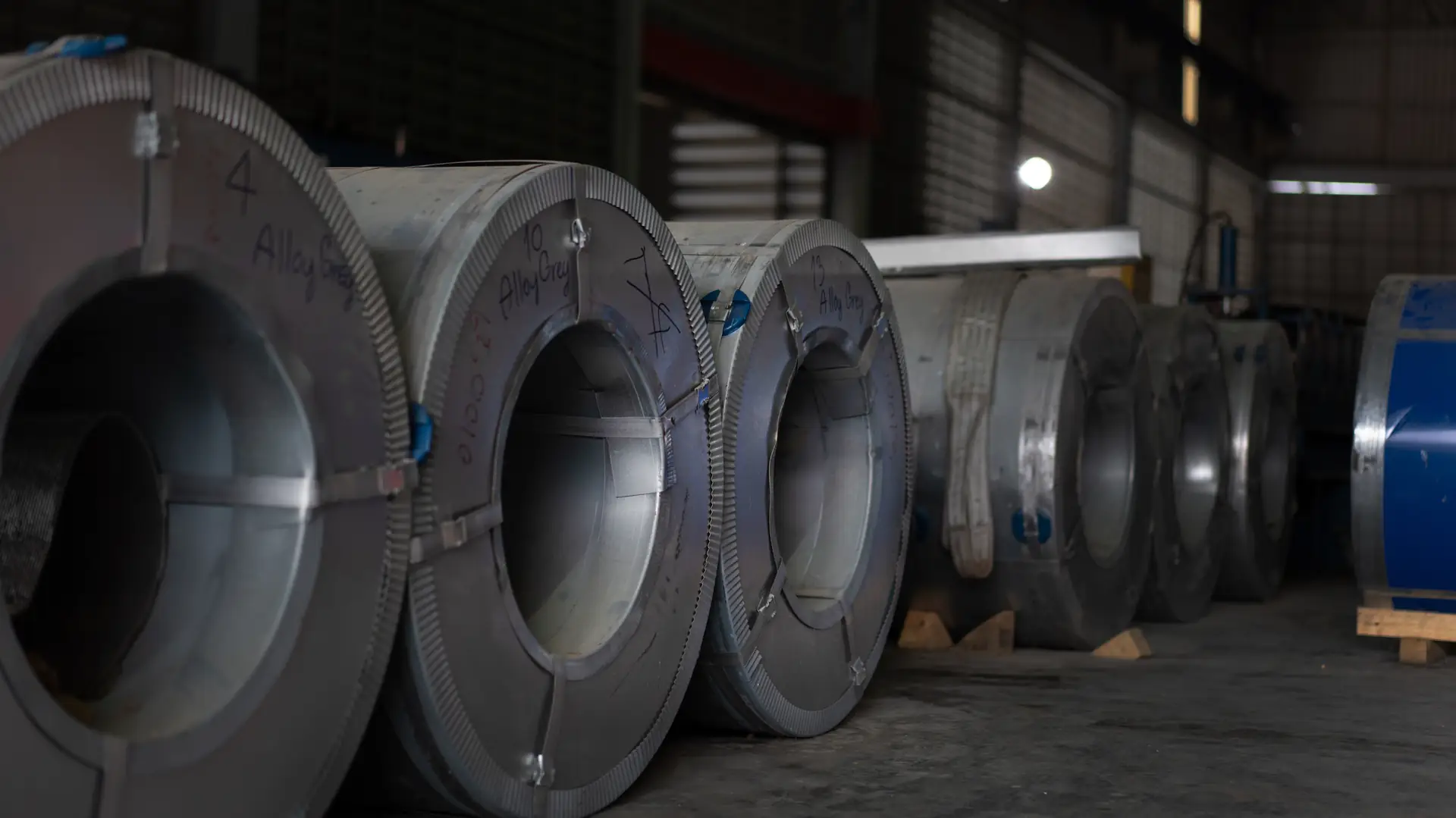
At its core, slitting is more than a simple cut. It is a fundamental service that injects agility and efficiency directly into the stainless steel supply chain. I often tell my team that we aren't just selling steel; we are providing production-ready solutions. This service is a critical juncture where a bulk raw material is transformed into a component perfectly suited for a customer's specific needs, whether for automotive parts, construction materials, or precision electronics. I remember a project with a German automotive supplier who needed a very specific, non-standard width for a stamping process. By providing perfectly slit coils, we helped them eliminate an entire in-house processing step, reducing their production time and material waste significantly. This is the true value of custom slitting[^1]: it bridges the gap between bulk supply and bespoke manufacturing demand.
The Core of Supply Chain Agility
The primary function of slitting is to enable customization. Instead of forcing manufacturers to adapt their processes to standard material sizes, custom slitting adapts the material to the process. This shift is crucial for lean manufacturing and just-in-time inventory systems[^2]. It allows our clients to order exactly what they need, reducing their on-site inventory costs and minimizing the risk of material obsolescence. It’s a strategic service that enhances the entire value chain.
| Feature | Standard Coil | Custom Slit Coil |
|---|---|---|
| Width | Pre-defined, industry standard | Cut to exact client specification |
| Waste | Higher due to trimming/scrap | Minimal, optimized for application |
| Lead Time | Potentially longer if size is out of stock | Shorter, produced on-demand |
| Application | General purpose | Specific, high-efficiency manufacturing |
What Are the Current Trends in Steel Coil Slitting?
Is your supply chain keeping pace with evolving market demands? Falling behind on key industry trends can quickly erode your competitive advantage. Understanding these shifts allows you to adapt and stay ahead.
Current trends include a growing demand for just-in-time (JIT) delivery, tighter tolerances for high-precision applications, and the integration of digital technologies for process monitoring and quality control. Sustainability, focusing on minimizing scrap and energy use, is also a major driver.
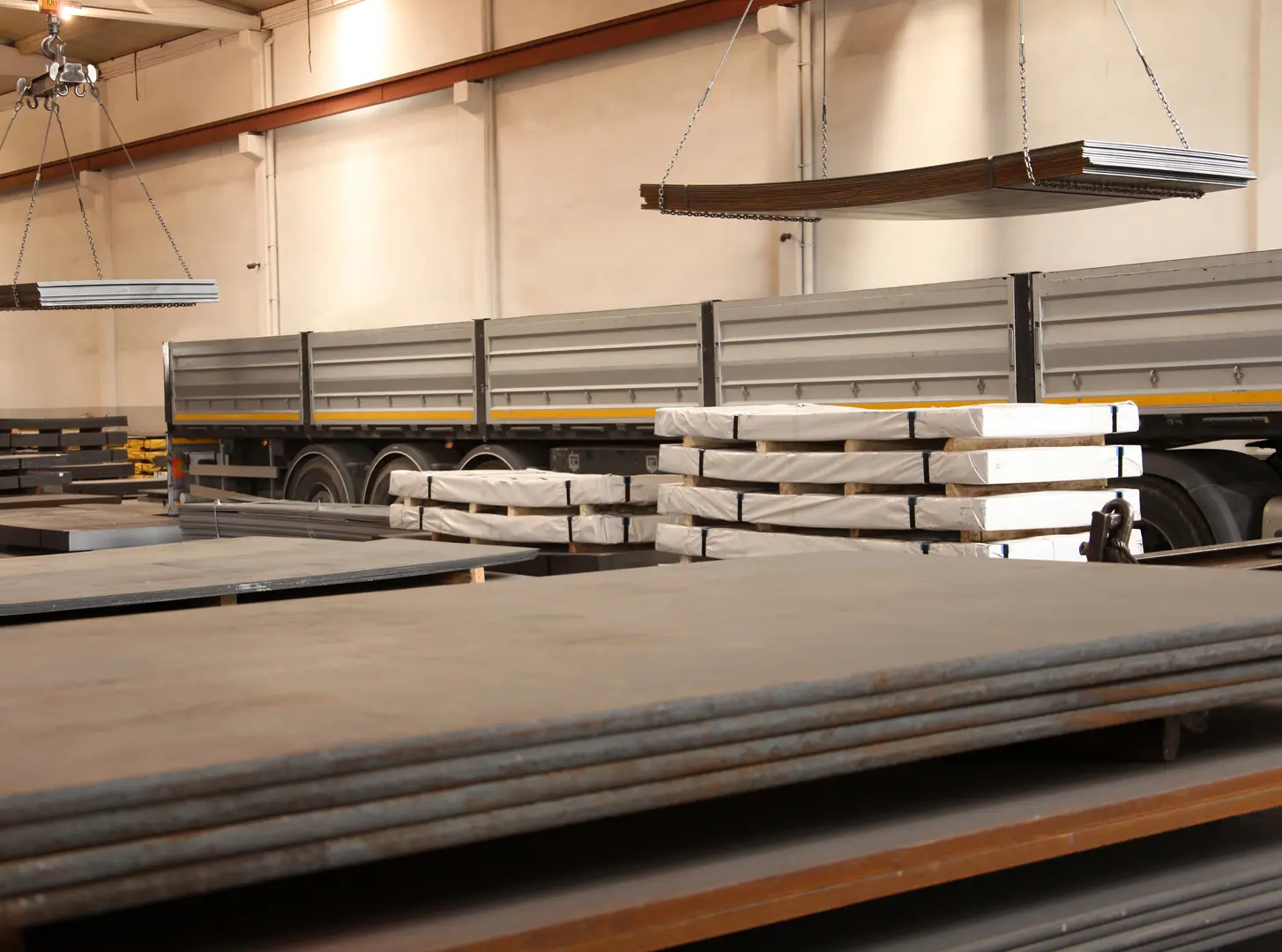
The world is moving faster, and the steel industry is no exception. The pressure on manufacturers to deliver agile solutions in response to volatile market conditions is immense. This is the root cause driving the trends we see today. The days of ordering massive stockpiles of standard-sized coils are fading. Today, it’s all about precision, speed, and data. We're seeing a clear shift towards a service-oriented model where suppliers like MFY act as an extension of our clients' production lines. This means providing materials that are not only the right size but are also delivered exactly when needed to feed a JIT manufacturing process. This requires a deep integration of logistics, production planning, and technology.
The Rise of Just-in-Time (JIT) Manufacturing
The JIT model puts immense pressure on the supply chain, and custom slitting is a key enabler. By offering rapid turnaround on custom widths, we allow our clients to hold less inventory, freeing up capital and reducing warehouse space. It’s a lean approach that demands reliability and speed from suppliers.
Digitalization and Data Integration
Modern slitting lines are no longer just mechanical beasts. They are integrated with sensors and software that monitor every aspect of the process, from tension and speed to blade sharpness and edge quality. At MFY, we leverage this data to ensure consistency across every single order and provide our clients with detailed quality assurance reports, building a foundation of trust through transparency.
What Are the Challenges in Achieving Precision and Fast Turnaround?
Is it difficult to find a supplier who can deliver both speed and accuracy? Sacrificing one for the other leads to costly errors or production bottlenecks. Understanding these challenges is key to finding a reliable partner.
Key challenges include maintaining tight width tolerances at high speeds, preventing material defects like burrs and camber, and managing complex logistics for quick delivery. The skill of the machine operator and the quality of the equipment are also critical factors that can pose significant challenges.
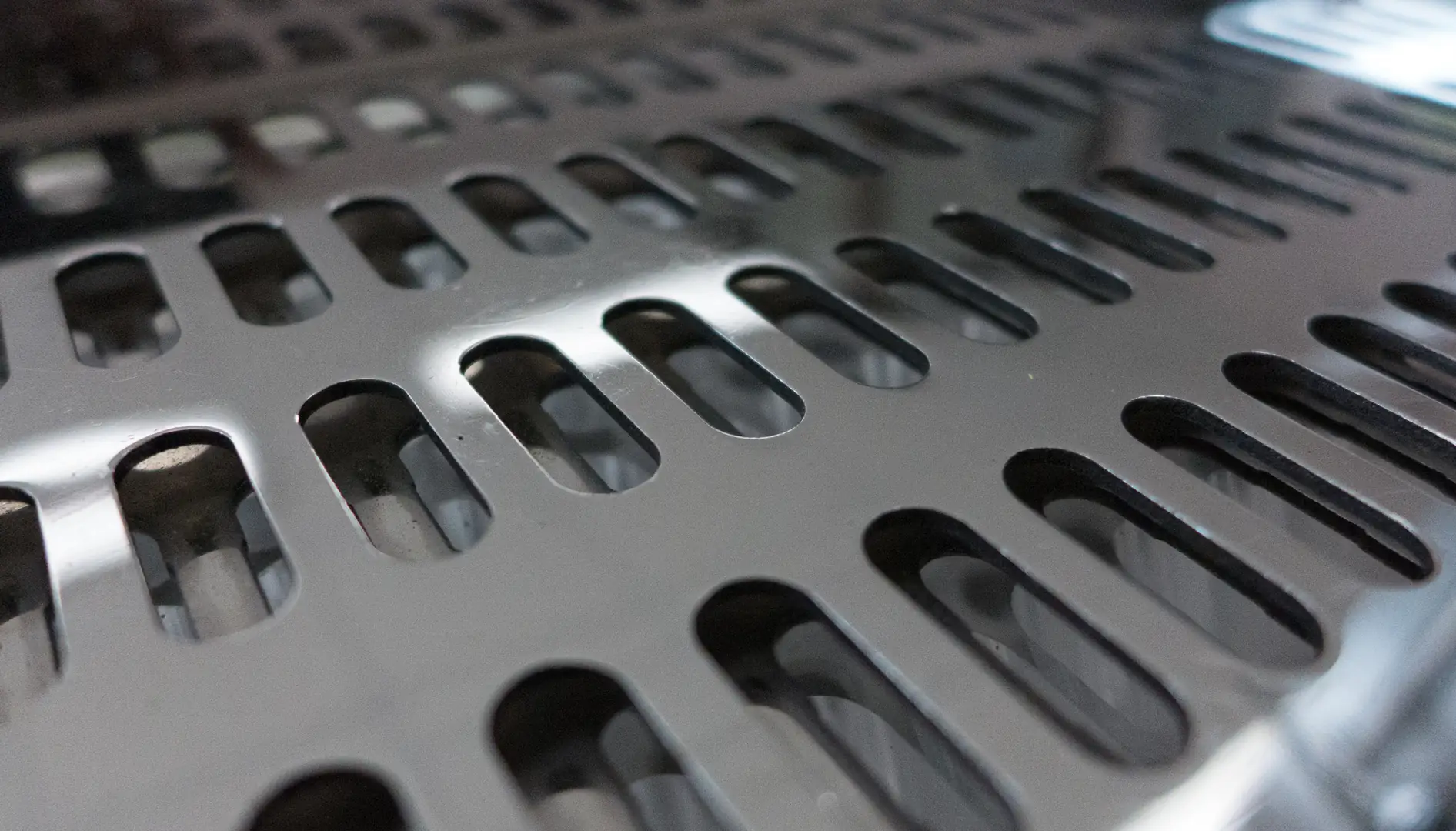
Balancing speed with precision is the central challenge in our industry. It's relatively easy to do one well, but doing both simultaneously requires a significant investment in technology, processes, and people. When you increase the speed of a slitting line, the physical forces on the steel and the machinery multiply. Any minor imperfection in the setup, like a misaligned blade or incorrect tension, can result in defects that render the entire coil useless. We worked with a client in Southeast Asia who was struggling with inconsistent slit edges from a previous supplier, causing jams in their automated stamping machines. We discovered the issue was poor tension control during high-speed runs. By implementing a system with closed-loop feedback, we were able to provide them with perfectly consistent coils that ran flawlessly, highlighting how crucial mastering this balance is.
The Human and Machine Element
You can have the best machine in the world, but without a highly skilled operator, you won't achieve consistent results. Our operators are trained to understand the nuances of different steel grades, thicknesses, and tempers. They know how to adjust the setup to prevent common defects and ensure every cut is perfect. This human expertise, combined with state-of-the-art machinery, is our formula for success.
| Common Defect | Primary Cause | Solution |
|---|---|---|
| Burr | Dull or improperly set knives | Regular blade maintenance, precise setup |
| Camber | Uneven internal stress or tension | Advanced tension control systems |
| Scratches | Poor handling, debris on rollers | Clean work environment, protective films |
How Can You Optimize Steel Coil Slitting Processes?
Are process inefficiencies costing you time and money? Wasted material and production delays directly eat into your profit margins. Strategic optimization unlocks significant performance and cost benefits.
Optimization involves investing in advanced machinery with automated controls, implementing rigorous quality control checks, and training operators extensively. A fully integrated supply chain, from raw material sourcing to final delivery, also plays a crucial role in streamlining the entire process for maximum efficiency.
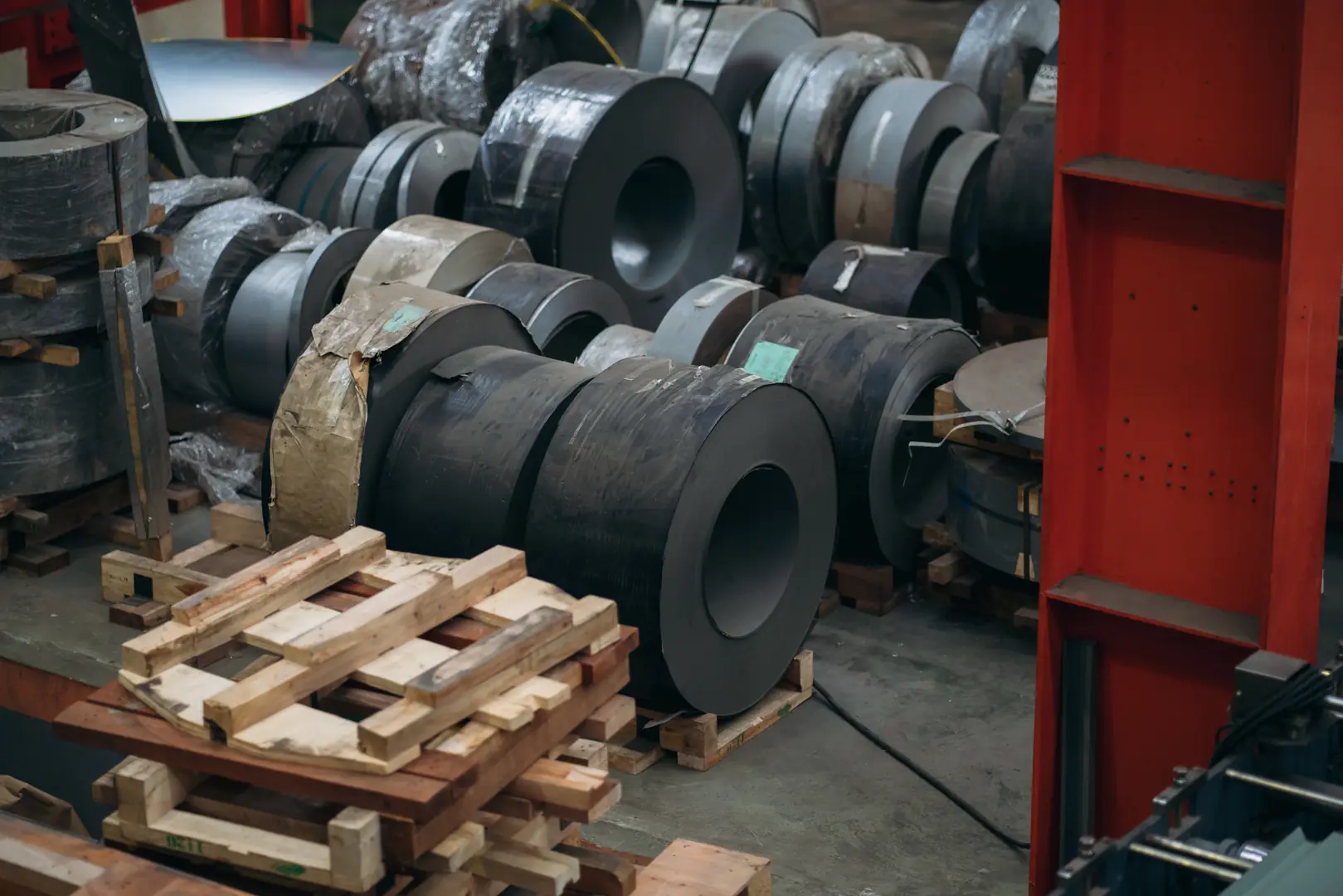
For us at MFY, optimization is a continuous journey, not a destination. It starts with having a fully integrated supply chain. Because we control everything from the raw material production to the final slit coil, we can ensure quality and consistency at every step. This vertical integration eliminates the variables and delays that come from relying on multiple outside suppliers. It allows us to match the properties of the master coil directly to the client's final application requirements, ensuring the slitting process is set up for success from the very beginning. This strategic control is how businesses can achieve significant differentiation in the market. It’s not just about having a good slitting machine; it’s about optimizing the entire ecosystem around it.
Investing in the Right Technology
Modern slitting lines with features like automated knife positioning, real-time tension control, and integrated scrap management systems are essential. These technologies reduce setup times, minimize human error, and increase overall throughput. This investment pays for itself through higher quality, less waste, and faster delivery times for our clients.
A Culture of Continuous Improvement
Technology is only part of the solution. We foster a culture where our operators are empowered to provide feedback to our engineering teams. This collaborative loop helps us constantly refine our processes, from how we handle coils to how we package them for shipment. It’s this relentless focus on small improvements that leads to big gains in efficiency and quality.
What Are the Latest Technological Innovations in Coil Slitting Services?
Is your current supplier leveraging outdated technology? Relying on old methods means you're missing out on the precision, speed, and data-driven advantages that modern innovation offers.
Technological innovations include laser measurement systems for real-time width verification, AI-powered predictive maintenance for machinery, and integrated software platforms that connect slitting operations directly with inventory and logistics management systems, creating a seamless, data-driven workflow from order to delivery.
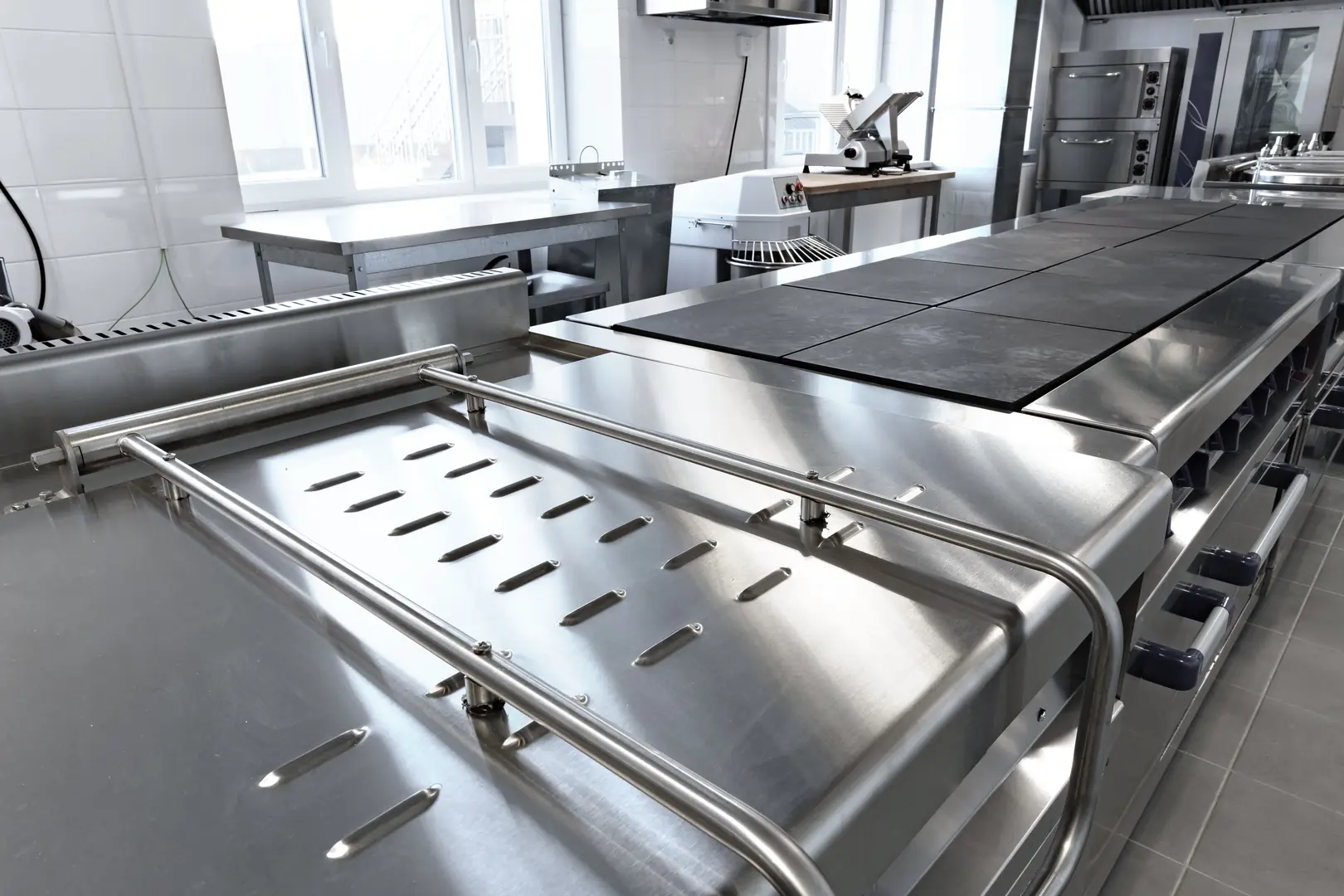
The Fourth Industrial Revolution is reshaping the steel industry, and slitting services are at the forefront of this transformation. At MFY, we see technology not just as a tool, but as a core part of our value proposition. The most exciting developments are happening at the intersection of hardware and software. For instance, we are implementing laser micrometers directly on our slitting lines. These systems measure the width of every slit strip in real-time to a tolerance of just a few microns. This continuous data feed allows us to make micro-adjustments on the fly, guaranteeing that 100% of the coil is within specification, not just the samples we check at the beginning and end.
The Role of AI and Machine Learning
We are also exploring AI for predictive maintenance. By analyzing data from sensors on our machines—monitoring vibration, temperature, and power consumption—AI algorithms can predict when a component, like a bearing or a blade, is likely to fail. This allows us to schedule maintenance proactively, preventing unexpected downtime and ensuring our promise of fast turnaround is never compromised.
Integrated Digital Platforms
Perhaps the biggest innovation is the creation of a fully transparent, digital workflow. Our clients can place an order through a digital portal and track its progress in real-time, from the moment a master coil is allocated to the final shipment. This level of integration and visibility builds confidence and allows our clients to plan their own production schedules with much greater accuracy.
Conclusion
Custom steel coil slitting has evolved from a simple service into a strategic necessity. By merging advanced technology with a deeply integrated supply chain, we provide the exact materials you need, when you need them, empowering your business to compete and win in a fast-paced global market.
Have Questions or Need More Information?
Get in touch with us for personalized assistance and expert advice.
